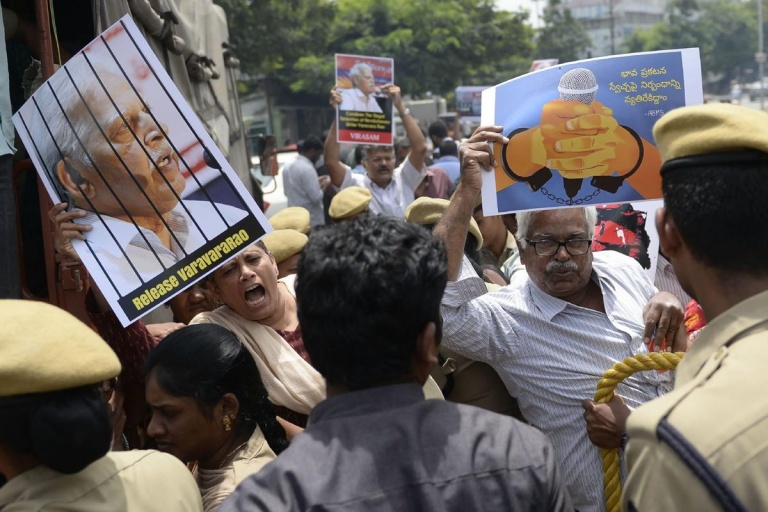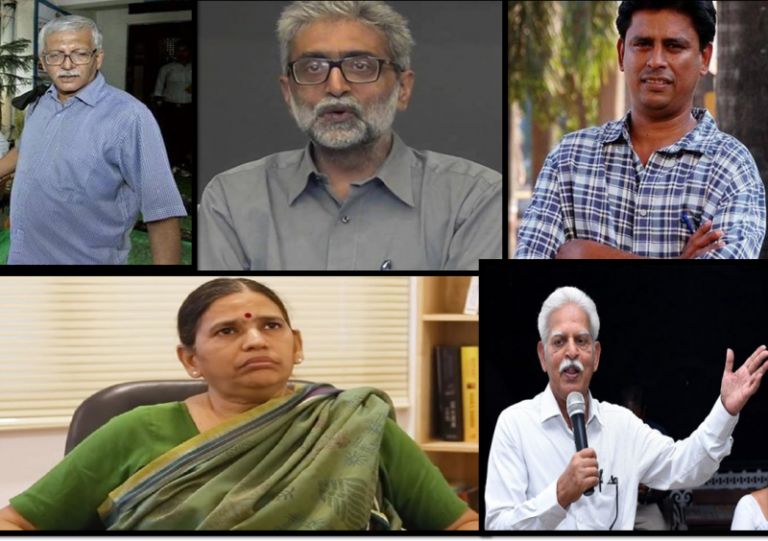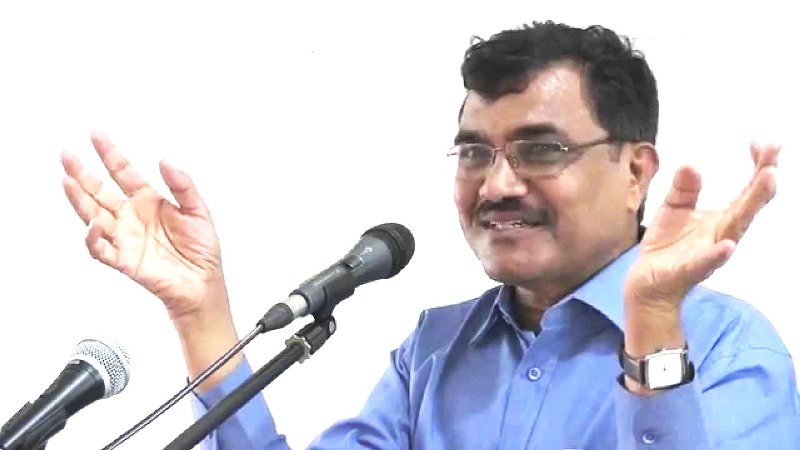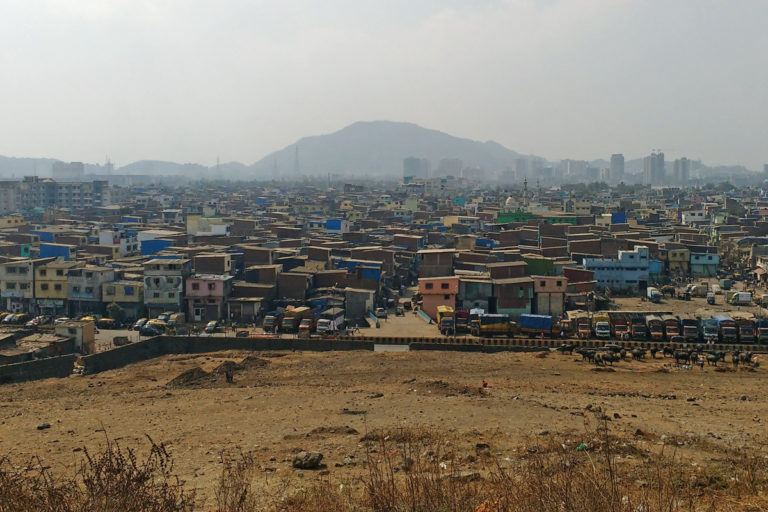VIEWPOINT
In this brief note, the author has argued that the constant attack on the dissenters and the spirit of critical intellectual tradition is reminding us of an authoritarian regime.
Uttam is a Writer and Theater Activist based in Assam.

I am not a Maoist (or a Naxalite) if it means a kind of politics that promotes violence – even for a good cause. Yes, I am deeply aware of the fact that we live in an extremely uneven society, and it is important to articulate the voices of the marginalized and the exploited – Dalits, tribes, minorities, landless peasants, migrant workers and displaced population, and fight for achieving social justice, economic empowerment and fundamental human rights. But then, a noble goal, as I have learned from Gandhi, cannot be achieved by strategic violence.
Furthermore, violence as a mode of political discourse has its limits; it tends to alienate a large section of population, and it is generally caught into a vicious circle of state-centric brutality and counter-violence.
Despite this politico-philosophical disagreement, I tend to believe that an intellectual or a lawyer or a rights activist adhering to the Maoist doctrine (one doesn’t know whether it is merely an allegation, or whether it has any substance) should not be seen as a ‘criminal’ – an ‘enemy of people’.

Instead, it is important to understand why these sensitive minds (for instance, Sudha Bharadwaj is a civil rights activist and lawyer from Chattisgarh, Gautam Navalka is fairly known for his EPW columns, Varava Rao is a poet, and Anand Teltumbde is a scholar known for his work on Dr. B.R.Ambedkar) are raising their dissenting voices, and critiquing the policies that help the the alliance of capitalists, landlords and political mafia to engage in some kind of organized loot of natural resources and shared public wealth. Instead of engaging in an act of self-introspection, the state categorizes and stigmatizes them as ‘Maoists’ or ‘urban Naxals’. The abuse called ‘anti-national’ seems to have has been overused, and now the state needs yet another terminology to castigate the dissenters.
Instead of engaging in an act of self-introspection, the state categorizes and stigmatizes them as ‘Maoists’ or ‘urban Naxals’. The abuse called ‘anti-national’ seems to have has been overused, and now the state needs yet another terminology to castigate the dissenters.
It is important to know why some sort of political radicalism has always characterized our intellectual traditions. Well, as Antonio Gramsci would have said, ‘traditional intellectuals’ love to see themselves as ‘men of letters’ beyond politics. However, with a critical insight the Italian Marxist showed the organic relationship between the intelligentsia and economic classes. In a revolutionary struggle, as Gramsci pointed out, ‘organic intellectuals’ of the ‘subaltern’ class ought to play a key role in resisting the dominant hegemony, and construct a counter-hegemony. For instance, in the context of colonialism, Gandhi was striving for a counter-hegemony (with his doctrine of swaraj, decolonization and decentralization) to inspire people to take part in the freedom struggle.
Likewise, in post-Independence India we have seen the steady growth of a crtical intellectual tradition (consisting of Gandhians, socialists, Marxists, Ambedkarites, feminists and environmentalists) that has repeatedly pointed out the failures of the Indian state–its corruption, its affinity with the corporate-landlord elite, its reckless ‘development’ pursuits causing displacement, marginalization and stigmatization of adivasis, forest dwellers and Dalits, and its militaristic nationalism.
It is, therefore, not surprising that the insensitive state has always tried to silence and suppress the alternative voices. Anyone with a sense of history knows that how in the early 1970’s the Naxalites in Bengal were killed in a series of ‘encounters’. One knows how in the dark days of Emergency Mrs. Indira Gandhi arrested and tortured the dissenters.
And these days the attack on intellectuals seems to have reached its height. Public universities are attacked; intellectuals are killed; this sort of naked violence is legitimized by the ‘spokespersons’ of the ruling regime; television channels love to indulge with the ‘media trial’; and eventually the Supreme Court has to intervene, and remind the Government that ‘dissent is safety valve of democracy’.
In fact, any sensitive mind would like to be a dissenter in these ugly times. Cow vigilantism, lynching, majoritarian violence, humiliation of the marginalized, the corruption of the pampered corporate houses, and the growing gap between the rich and the poor–the brutaity of our times is bound to make a sensitive being crtical of the status quo. In fact, had Gandhi and Tagore been alive today, the Arnav Goswamis and the Sandip Patras of the world would have regarded them as ‘urban Naxalites’ or ‘anti-nationals’.
[irp posts=”6650″ name=”Meet the Five Activists Alleged of Naxalite Link”]
Everything around us reminds us of the first lesson of authoritarianism. Yes, it is authoritarianism even if it is legitimated through elections. It is truly frightening.














